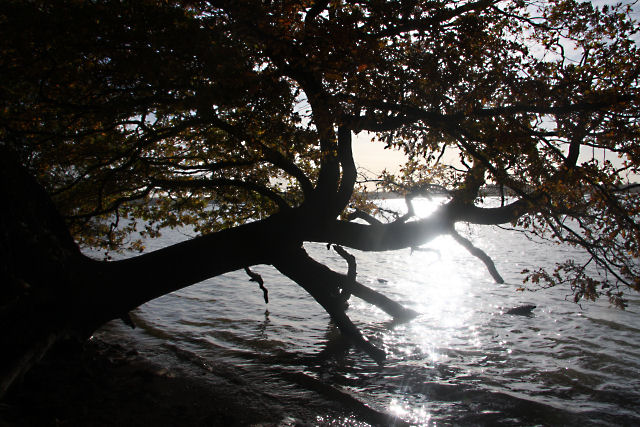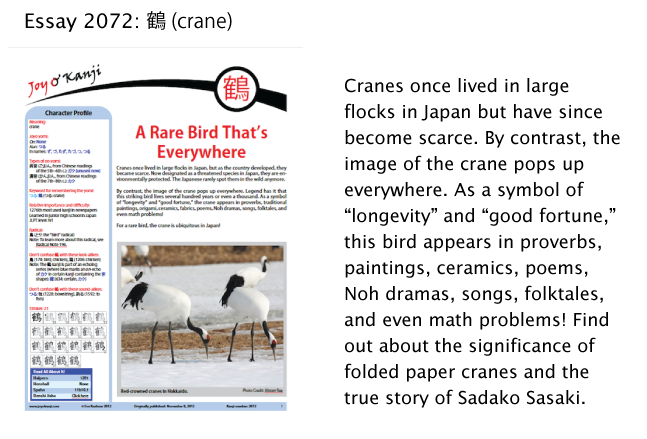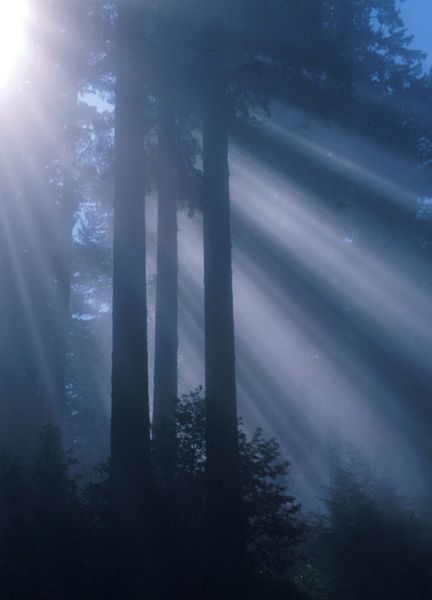The Sun as an Archer: Part III
We're moving closer to our rainy season. Today we had a midday downpour so sudden that it came as a shock to the system. Now, as the day draws to a close, the sun has decided to come out and show off its brilliance. Too little, too late!
As I contemplate (and dread) a return to winter, I find solace once more in the haiku I first mentioned two weeks ago. It's by Yoshikazu Kunugi, a Facebook friend:
野分過ぎ
案山子討ち死に
朝日射し
typhoon gone
a scarecrow fell in battle
morning sunshine
野分 (のわき: late autumn windstorm in the countryside, typically caused by a typhoon or cyclone, esp. on the 210th and the 220th days of the year)
-過ぎ (-すぎ: after)
案山子 (かかし: scarecrow; figurehead)
討ち死に (うちじに: dying in battle)
朝日 (あさひ: morning sun)
射し (さし: sunlight; rays of the sun)
In past weeks I've examined several parts of the poem, and this time I want to look at the final line. I would have expected to see 朝日 (あさひ) for "morning sunshine," and it's there, but then comes 射し. Unless I'm having my usual kanji-induced amnesia, I feel that it's the first time that I've encountered this kanji and this word.
Ah, no, that's why I have a database. It tells me that I've actually seen 射 at least three times before! I came across it in these words:
注射 (ちゅうしゃ: injection, shot)
A friend had written to me about hormone injections.
放射能 (ほうしゃのう: radioactivity)
This came up during the March 2011 disasters, as you can imagine.
反射 (はんしゃ: reflection)
I'm not sure why this word arose in my usual Saturday Skype chat with my language partner, but it did.
As "reflection" can be a broad word with many meanings, it might help to see a sample sentence for 反射:
水は光を反射する。
Water reflects light.
水 (みず: water); 光 (ひかり: light)

Photo Credit: Bob Jones
All right, that helps me get a handle on 反射. But what about 射 itself? Halpern defines it primarily as "to shoot"; 射 plays a part when anything from radiation or liquids to semen is forcefully emitted! This kanji appears in words for "archery," "to shoot down," and "syringe":
射 (しゃ: archery), which has an utterly simple yomi
射落とす (いおとす: to shoot down, win, gain), which does not
注射器 (ちゅうしゃき: syringe), which brings us back to the term for "injection"
These are indeed all related to shooting—or shooting up!
Now, what about the sunshine aspect of 射? Well, as it turns out, there's a strong link between 射 and the sun. Just consider these words:
日射し or 陽射し (ひざし: sunlight; rays of the sun)
射す (さす: to shine on)
You can use the verb 射す even for casting shadows, because when you create that dark reflection, you do it by shining a light! A sample sentence:
障子に影が射す。
A shadow is cast on the shoji.
障子 (しょうじ: paper sliding door or window); 影 (かげ: shadow)
I now realize something important that has escaped me all these years: the sun is an archer! Rays of sunlight have been shot at us! I never saw this agency before, but it makes perfect sense.
And it feels familiar, making me think back to Greek mythology. Who was the archer there?
Aha, it turns out to have been Apollo. And what did he do besides archery? Aha again! He was also the sun god! Was there a link? Did the ancient Greeks also perceive sunlight as arrows from the bow of the sun god?!
According to one site, Apollo was a "busy god" (!!!) who divided his time as a master musician, a healer, and the god of truth. He liked an odd assortment of things: laurel trees, dolphins, and crows.
So we started with scarecrows in the haiku, and we've returned to crows! Now that we're back to the poem, I'd like to point out one more thing: it contains not only 射 but also the look-alike 討 (945: to attack, to defeat)!
Many thanks to Yoshikazu Kunugi for creating a bit of text that's tiny but nevertheless rich in imagery and fun things to explore!
Speaking of imagery, I'm proud to present the new essay 2072 on 鶴 (crane). As the preview shows, Japanese culture abounds in crane imagery:

Have a great weekend. I hope the sun gods shoot plenty of golden sunlight your way!


Comments